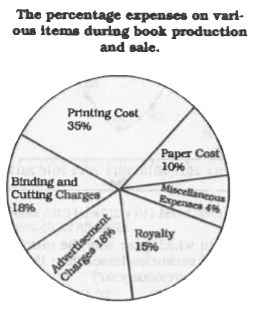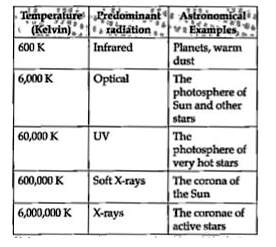Astrologers' perceptions are based more on hearsay and conjecture than what they learn from the study of the stars. Comment with reference to the story.
Video Solution
Text Solution
Astrologers perceptions are based more on hearsay and conjecture than what they learn from the study of the stars is effectively brought through the character of shastri in the story. It is said that astrology is a science and all the calculations done in astrology are based on the movement of various celestial bodies in our solar system. However, there are claims that all that the astrologers predict is based on hearsay and there are rare astrologers who are known for their accurate predictions. In the story, Shyama, the narrator, went to the astrologer, Shastri and told him how he has to make possible, an alliance between Ranga and Ratna. Later when he returned to the Shastri along with Ranga, and asked him to predict what the planets told about Ranga, Shastri pretended to make certain calculations and said that Ranga was contemplating marrying a girl whose name's initial is 'R', which was Ratna. He added that the name of the girl was something found in the ocean. Then Shyama said that the girl in Rama Rao’s house was Ratna and Shastri was very positive about the proposal working out. Thus, it is difficult to say whether astrologers' predictions are based on mere hearsay or are actually what they learn from the movements of stars.
|
Updated on:21/07/2023
Topper's Solved these Questions
Similar Questions
Knowledge Check
- Question 1 - Select One
The following questions are based on the pie-chart given below. Study the pie-chart and answer the questions.

The central angle corresponding to the sector on "Printing Cost" is more than that of "Advertisement Charges" byA72∘B61.2∘C60∘D54.8∘ - Question 2 - Select One
The apparent wavelength of the light from a star, moving away from the earth is 0.01% more than its real wavelength. The speed of the star with respect to earth is
A10km/sB15km/sC30km/sD60km/s - Question 3 - Select One
Read the following text and answer the following questions on the basis of the same:
Spectrum Analysis and Astronomy
Each element in the periodic table can appear in gaseous form and produce its own spectrum unique to that element. Hydrogen will not look like Helium, which wil not look like carbon which will not look like iron....and soon. Astrophysists can identify what kinds of materials are present in stars from the analysis of star's spectra. This type of study is called astronomical spectroscopy. The science of spectroscopy is quite sophisticated. From spectrum lines analysis astrophysists can determine not only the element, but the temperature and density of that element in the star. The spectral line also can tell us about any magnetic field of the star. The width of the line can tell us how fast the material is moving. We can learn about winds in stars from this. The shifting of spectral liens shift back and forth indicates that the star may be orbiting another star. The following table shows a rough guide for the relationship between the temperature of a star and the electromagnetic spectrum.

If the spectrum of a star is red or blue shifted, then it can be used to infer its velocity along the line of sight. Edwin Hubble observed that more distant galaxies tended to have more red shifted spectra. This establishes the theory of expansion of the universe.
From the spectrum analysis the following information of a star can be obtainedAElements present, temperatureBMagnetic field, density, massCdistance of the starDBoth A and B
What lesson do you learn from this story?
View SolutionWhat lesson do you learn from this story Yayati?
View SolutionWhat lesson do you learn from this story Yayati?
View SolutionWhat lesson do you learn from this story Yayati?
View SolutionComment of the similarity between the wing of a cockroach and the wing oi a bird. What do you infer from the above, with reference to evolution?
View Solution

